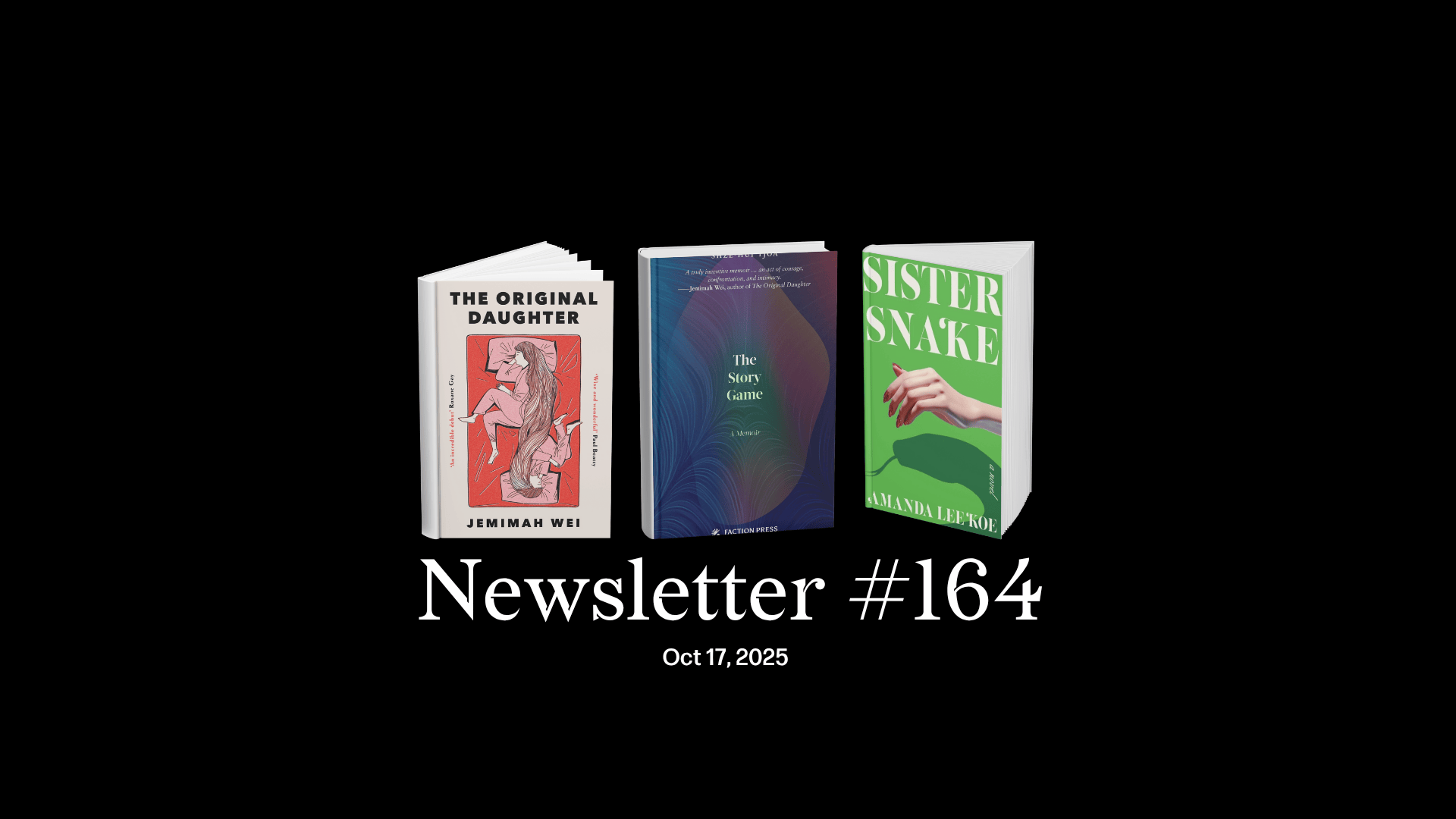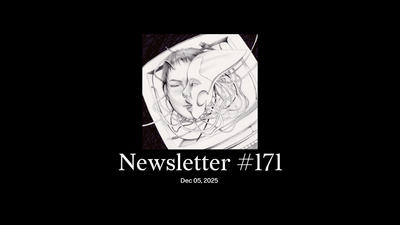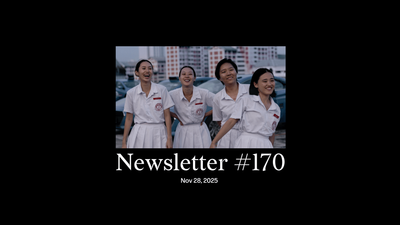Dear reader,
Referral Lucky Draw campaign. We just launched it this week, and it’s on till November 30th. Here’s how it works. Visit the campaign page, sign up and start sharing your unique link with friends. If they sign up through your link, they will get up to a 20 percent discount off our annual plans. You’ll then get one entry into our lucky draw. Help us grow our Jommunity!
There are many Israel-Palestine developments this week. First, we give thanks for the cessation of war (and the genocide), and the exchange of hostages and prisoners, and in doing so must also eat a bit of humble pie—Jom was skeptical a fortnight ago about the Trump plan.
We’re aware of the endless remaining complexities, including the risk that Hamas’s public reappearance in Gaza, and apparent desire for retribution, will trigger another onslaught. And even if some fragile peace holds, we remain wary of plans by the Trump-Kushner led alliance of real estate moguls eyeing their Mediterranean riviera. But for now, we’ll cheer the win, and remain hopeful.
Vivian Balakrishnan, foreign affairs minister, reaffirmed Singapore’s commitment to a two-state solution, expressed a desire to “do more with the Palestinian Authority”, but refuted a suggestion by the WP’s Gerald Giam that Singapore lobbies for a seat on the putative Tony Blair-led Board of Peace that is meant to oversee the administration of Gaza. “[T]his understated, more discreet, behind-the-scenes, helpful, respectful approach is more appropriate for us in Singapore.”
What we also hope for, at Jom, is a more honest conversation about Singapore’s relationship with Israel and Palestine, one that involves Singaporeans more in the formulation of our foreign policy—the “co-creation” in a participatory society that Lawrence Wong, prime minister, so often talks about. We wouldn’t want “discreet” and “behind-the-scenes” to become euphemisms for opacity.
The Fullerton Hotel was also in the spotlight, after it emerged that it was scheduled to host The Friends of Israel Annual Aliyah Gala Dinner, organised by Keren Hayesod, the state’s official fundraising body, on November 18th. Critics online accused the hotel of endorsing Israel’s actions in Gaza; activism included a slew of 1-star Google reviews. Fullerton backed down, saying that it “does not endorse or take a position on the views or objectives of independent organisers or their guests”.
We think it’s an important, rare, demonstration of consumer power in Singapore. But some have criticised Fullerton for giving in. What do you think? Reply and let us know; we’ll publish a collection of responses next week.
Elsewhere, K Shanmugam, home affairs minister, sparred with the WP’s Pritam Singh and others over supposed identity politics and foreign interference in Singapore. In our weekly digest, we examine the long parliamentary exchange in two blurbs, one on the PAP’s favourite Polish fanboy.
- Are foreign interference and identity politics real risks to SG?
- Why a right-wing Polish troll is so beloved here
- Chee Soon Juan tries something new with his latest book
- Why TCM is increasingly important in healthcare
- Old Chang Kee and other heritage businesses
- The centuries long arcs of solar and coal power
- The elixir of youth, featuring Bryan Johnson and NUS
- Arts events for kids, pai kias and guai kias
Essay: “Eldest sisterhood, as written by Singaporean daughters” by Cherry Tan
Role model. Caregiver. Protector. (Pain in the ass?) What does it mean to be an eldest sister?
Cherry, in her third piece for Jom, examines this elemental question through a review of three recent books that all deal with elder sisterhood: Amanda Lee Koe’s Sister Snake, Shze-Hui Tjoa’s The Story Game, and Jemimah Wei’s The Original Daughter. Cherry is herself an eldest sister, and so is Corrie Tan, our arts editor who edited it. Yes, even in the conceptualisation of the piece, their domineering tendencies are apparent.
This is much more than a review. It’s also Cherry’s sibling story. Among many other things I enjoyed was Cherry’s introspection and vulnerability:
“In that moment, I felt both chained to my role as the eldest child—struggling to defend my siblings and myself from this vitriol—and ‘duty’ bound to repair this familial relationship. In the end, it was my younger sisters who rescued me. I called one of them, in tears. Calmly, but firmly, she told me to leave. My other sister immediately hopped into a cab, located me, picked me up and brought me home.
I’m reminded that our younger siblings do grow up and can stand on their own two feet. It would be remiss of us eldest sisters to continue operating on the assumption that they will, always and forever, require and benefit from our assistance, our protectiveness and our many unsolicited opinions.”
In a week when I’ve been drowned by socio-political news, it was a delight, as a middle child happily between two sisters, to pause and think a bit harder about these familial complexities. “We’ve got a piece about you coming out this week,” I told Vidhya on Monday. Thanks, Cherry, for helping me better understand my elder sis—and the entire family’s relational dynamics.
I hope you find meaning too. Read Cherry’s piece now.
Jom baca,
Sudhir Vadaketh, editor-in-chief
Jom
If you’ve enjoyed our newsletters, please scroll to the bottom of this page to sign up to receive them direct in your inbox.







